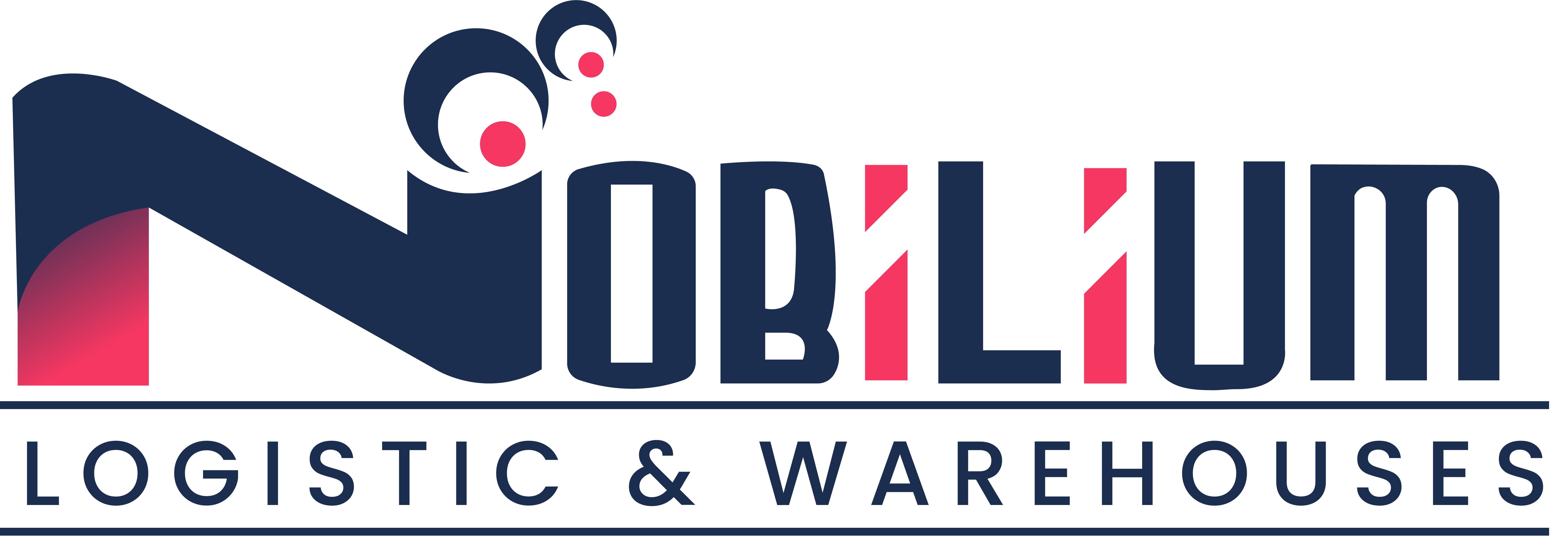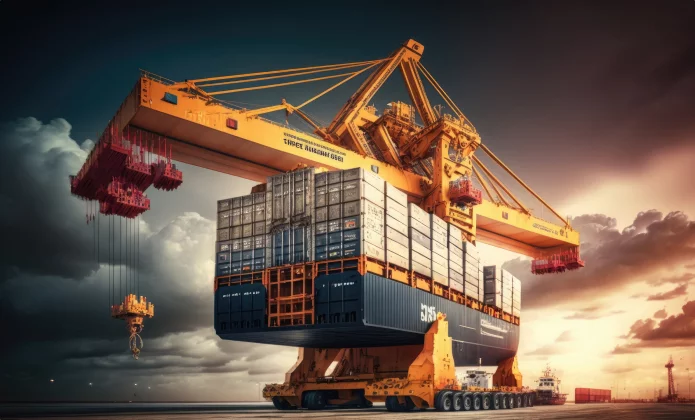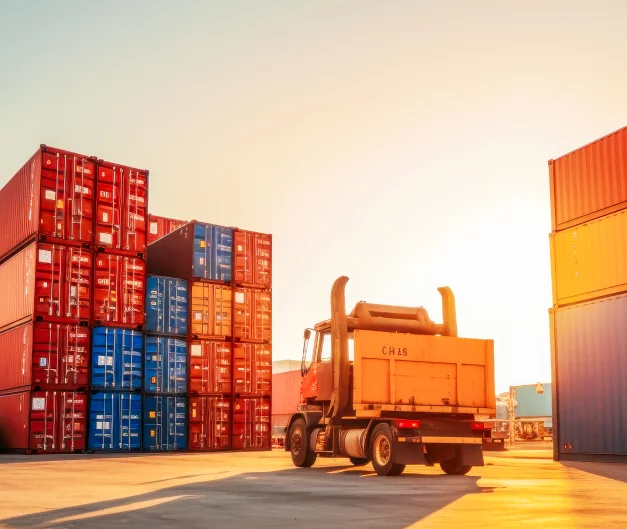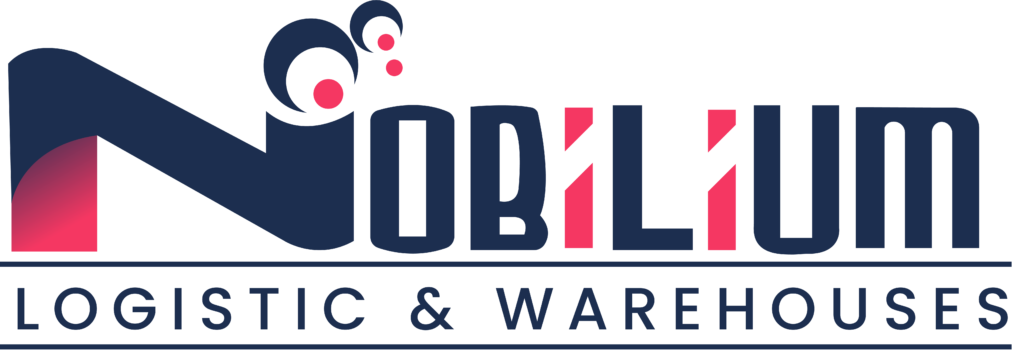
The Rise of Resilient Logistics: Adapting to Market Changes
In today’s fast-paced global economy, the logistics industry is witnessing a seismic shift. The unprecedented disruptions caused by the COVID-19 pandemic, geopolitical tensions, and climate change have highlighted the need for a more resilient logistics framework. This blog explores the current trends and strategies that logistics companies are adopting to enhance their resilience and adaptability in an ever-changing market.
“Logistics is not just about moving goods; it’s about building resilient systems that can adapt to change and thrive in uncertainty.”
– Sarah Thompson
- Diversification of Supply Chains
One of the key lessons learned from recent disruptions is the importance of diversifying supply chains. Companies are now taking proactive measures to mitigate risks associated with relying on a single source:
- Multi-Sourcing: Businesses are sourcing materials and products from multiple suppliers across different regions. This not only reduces dependency but also enhances flexibility in operations.
- Nearshoring: Companies are shifting some of their production closer to home or to nearby countries to reduce transportation costs and improve supply chain agility.
- Embracing Digital Transformation
Digital tools and technologies are essential for building resilience in logistics. The adoption of digital solutions allows companies to respond quickly to market fluctuations:
- Cloud-Based Systems: Utilizing cloud technology enables real-time access to data and facilitates collaboration across different supply chain partners.
- Data Analytics: Analyzing data helps companies forecast demand, manage inventory effectively, and optimize routes. This data-driven approach enhances decision-making and operational efficiency.
- Sustainability as a Competitive Advantage
Sustainability has become a priority in the logistics sector, and companies that embrace environmentally friendly practices are gaining a competitive edge:
- Green Logistics: Implementing eco-friendly transportation options, optimizing routes to reduce emissions, and utilizing sustainable packaging materials are becoming standard practices.
- Circular Supply Chains: Companies are exploring circular supply chains that emphasize recycling, reusing materials, and reducing waste, aligning with consumer preferences for sustainability.
- Investment in Technology and Automation
Investing in the latest technologies is crucial for enhancing logistics operations and ensuring resilience:
- Automated Warehousing: Robotics and automation are transforming warehouse operations, enabling faster processing times and reducing labor costs.
- Real-Time Tracking Systems: Implementing tracking systems allows logistics providers to monitor shipments throughout the supply chain, ensuring transparency and accountability.
- Collaboration and Partnerships
Building strong partnerships is vital for navigating challenges in the logistics landscape:
- Collaborative Networks: Logistics companies are forming collaborative networks with other businesses, sharing resources, and aligning goals to enhance resilience.
- Public-Private Partnerships: Engaging with governments and local authorities helps logistics companies address regulatory challenges and enhance infrastructure development.
- Agility and Flexibility
The ability to pivot and adapt to changing market conditions is critical for success in logistics:
- Flexible Operations: Companies are adopting flexible operational models that allow for quick adjustments to production schedules, transportation methods, and inventory levels based on real-time demand.
- Scenario Planning: Logistics providers are employing scenario planning techniques to anticipate potential disruptions and develop contingency plans accordingly.
- Investing in Workforce Training
The logistics workforce is at the heart of resilient operations. Investing in employee training and development is essential:
- Skill Development: Providing ongoing training opportunities helps workers adapt to new technologies and processes, ensuring a skilled workforce that can navigate challenges.
- Employee Well-Being: Prioritizing employee well-being and job satisfaction fosters a motivated workforce that is better equipped to handle disruptions.
Conclusion
The logistics industry is undergoing significant transformation as companies strive to build resilience and adapt to a rapidly changing market. By diversifying supply chains, embracing digital transformation, prioritizing sustainability, and investing in technology, logistics providers can enhance their agility and responsiveness. The future of logistics lies in the ability to adapt, collaborate, and innovate, ensuring that businesses can thrive in the face of uncertainty.
At Nobilium Logistics, we are dedicated to implementing resilient logistics solutions that meet the evolving needs of our clients.








